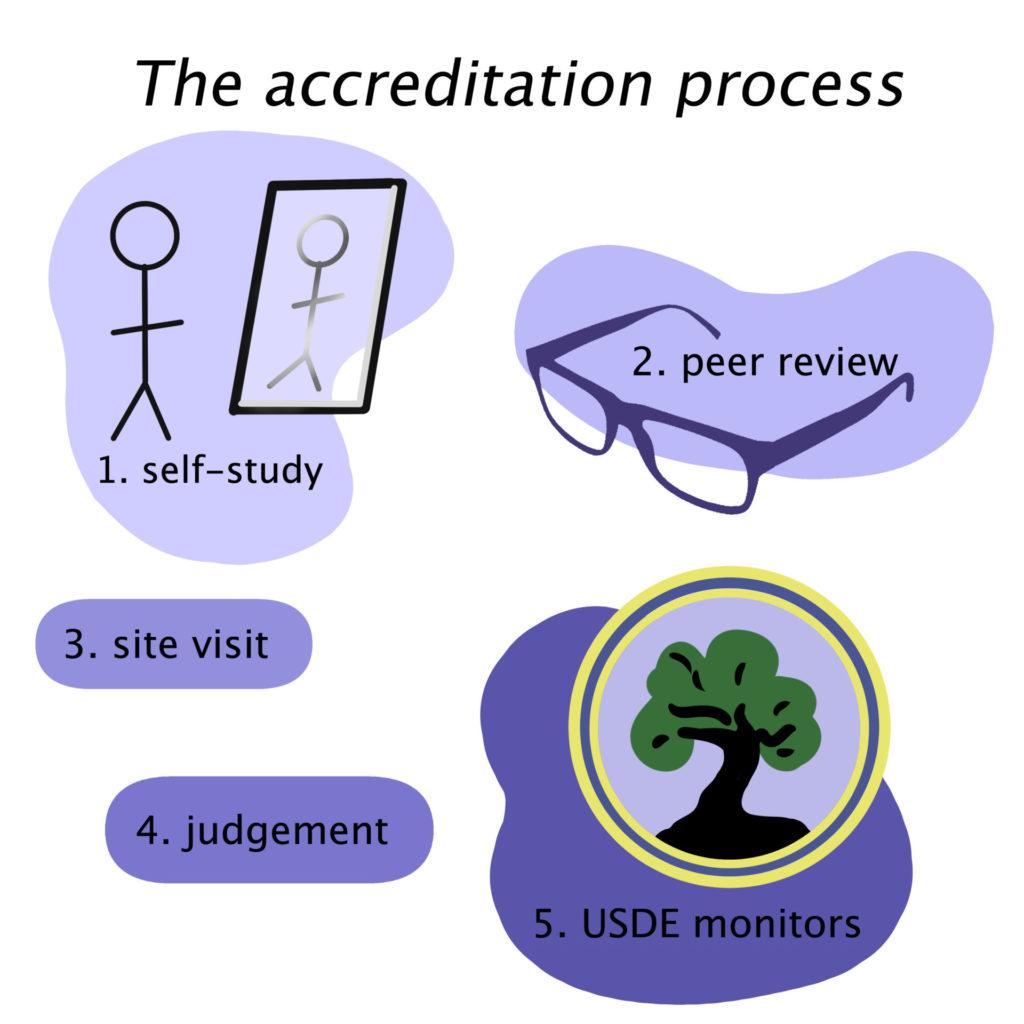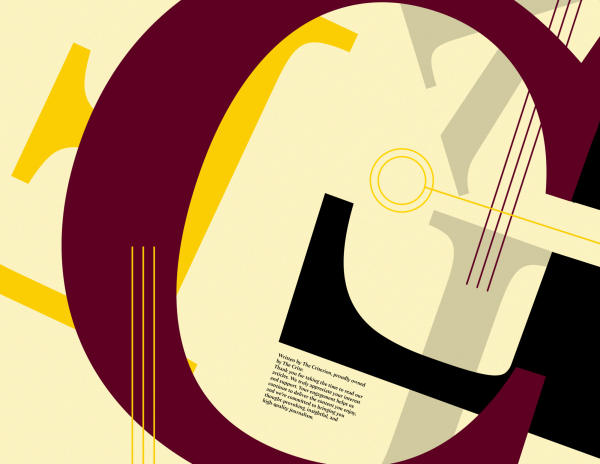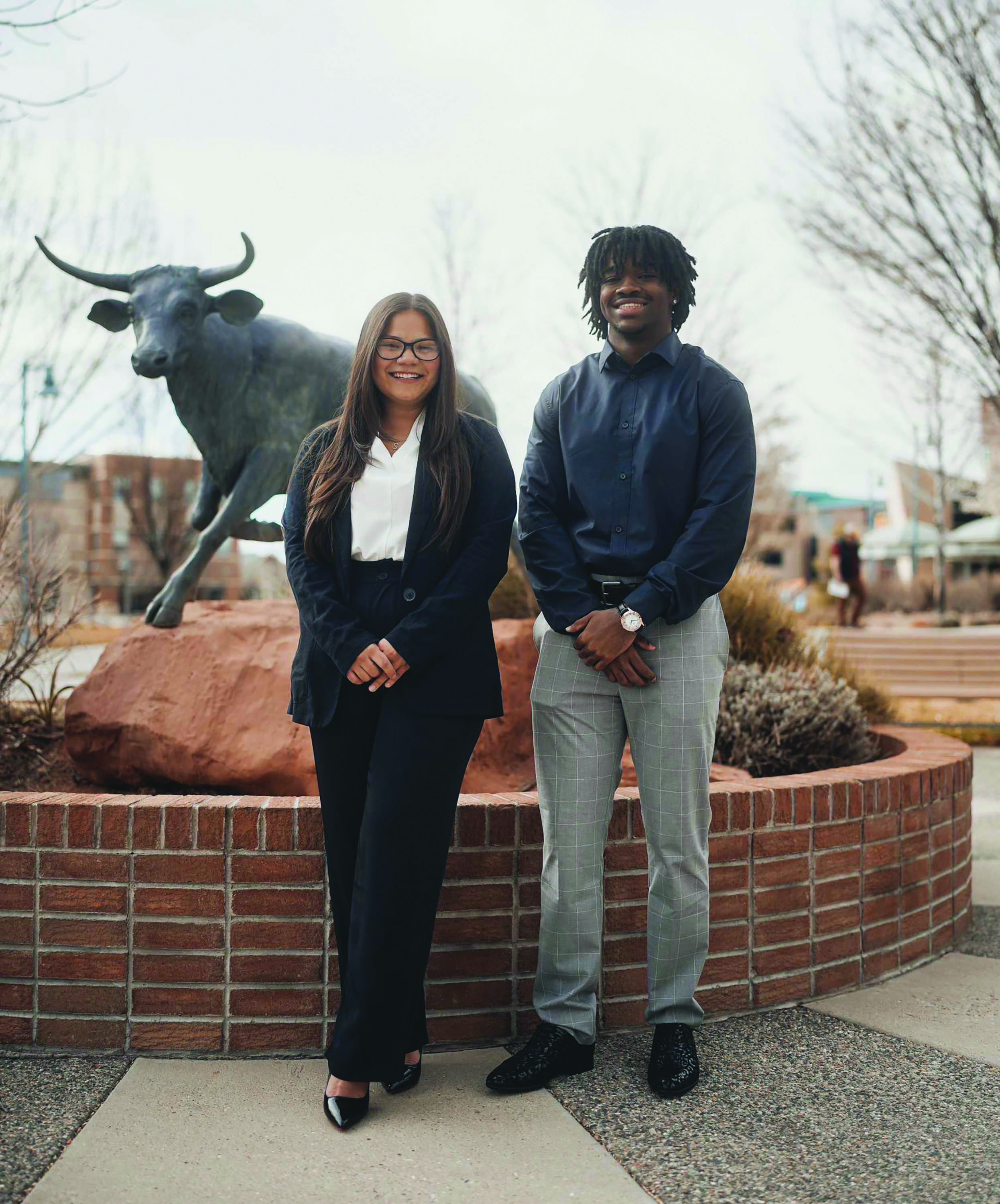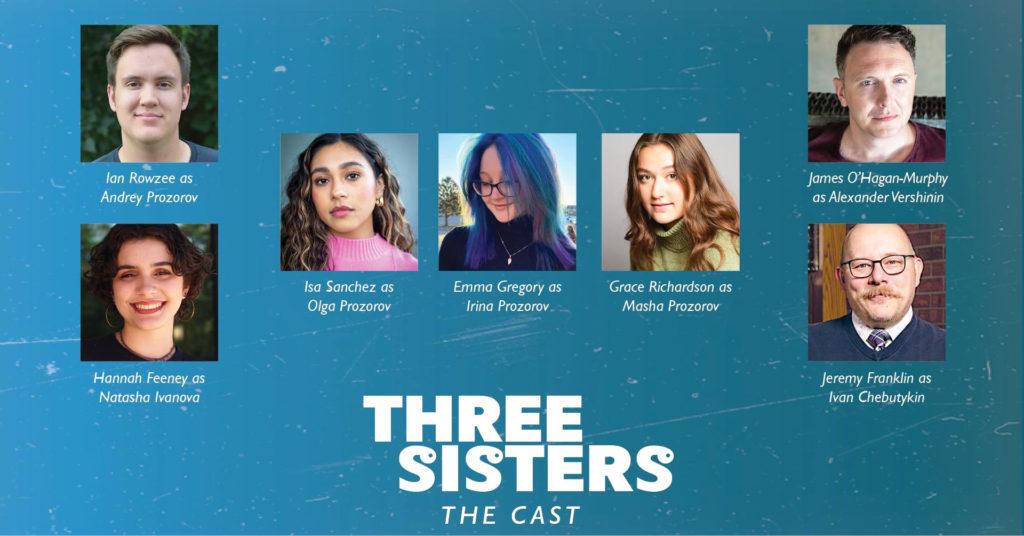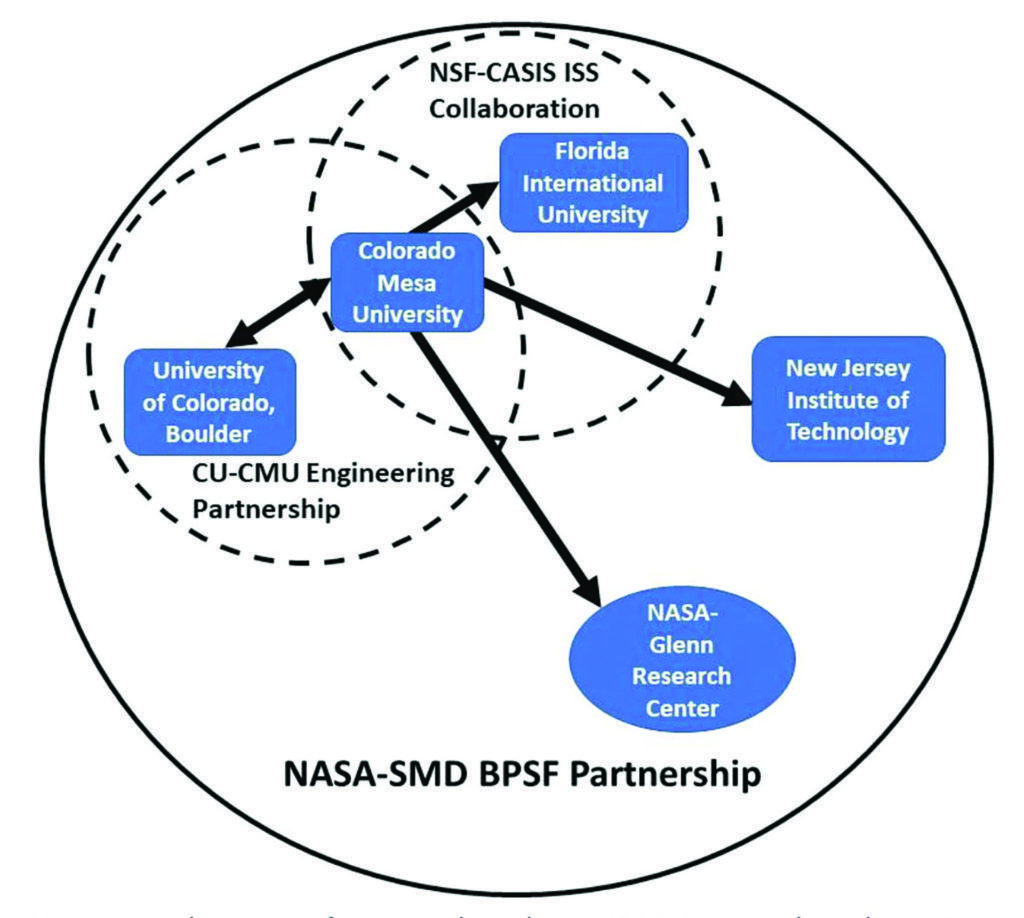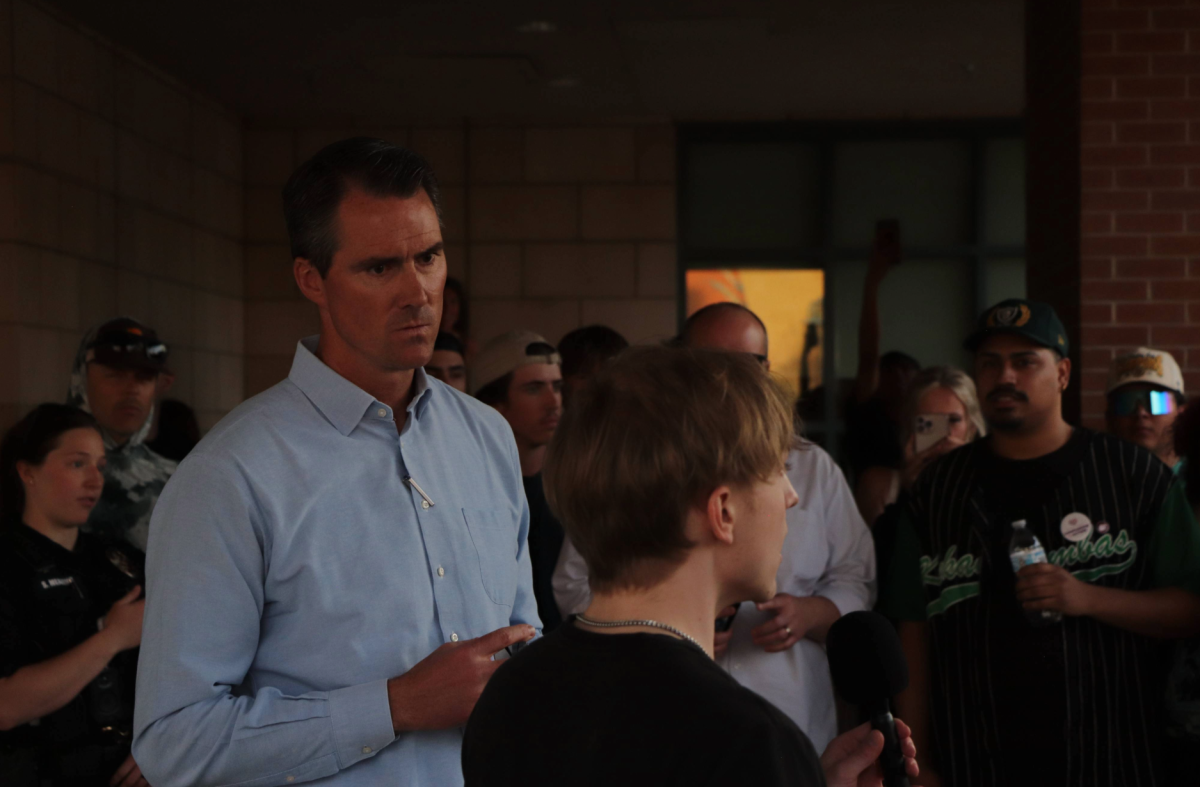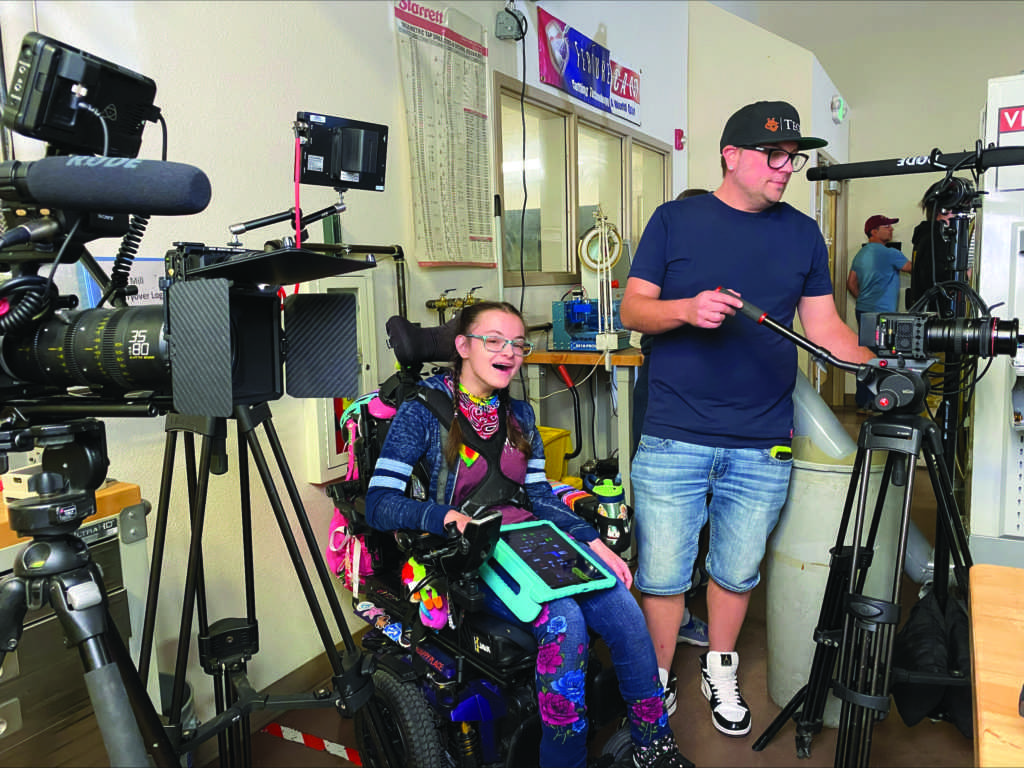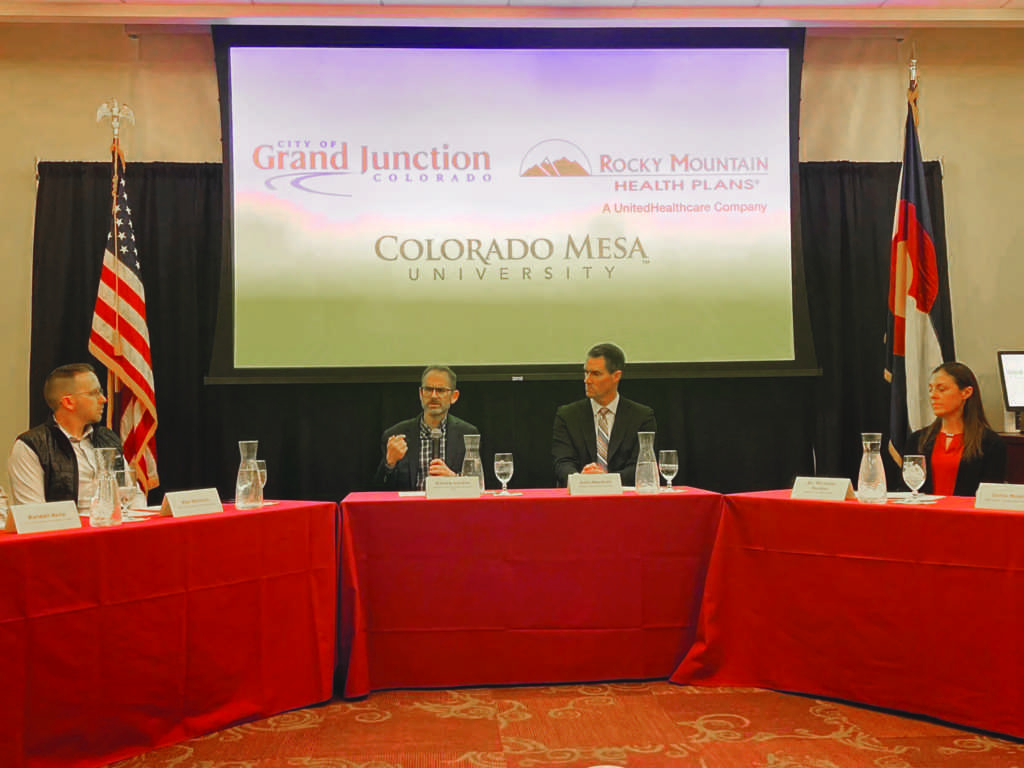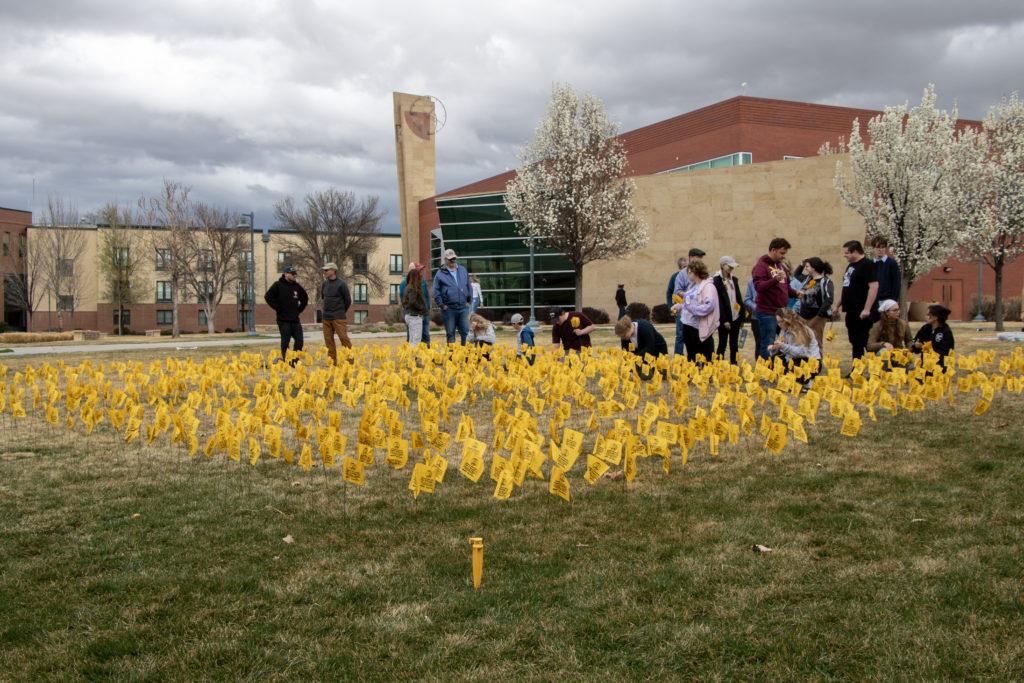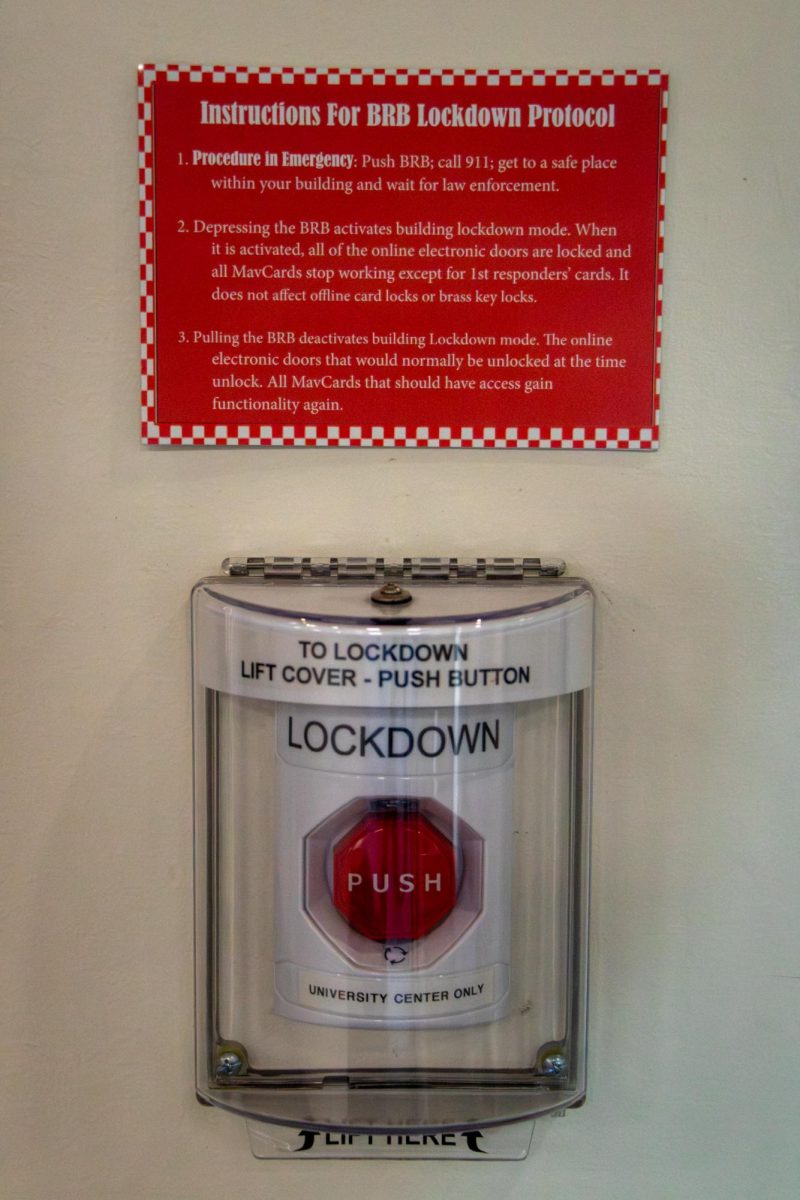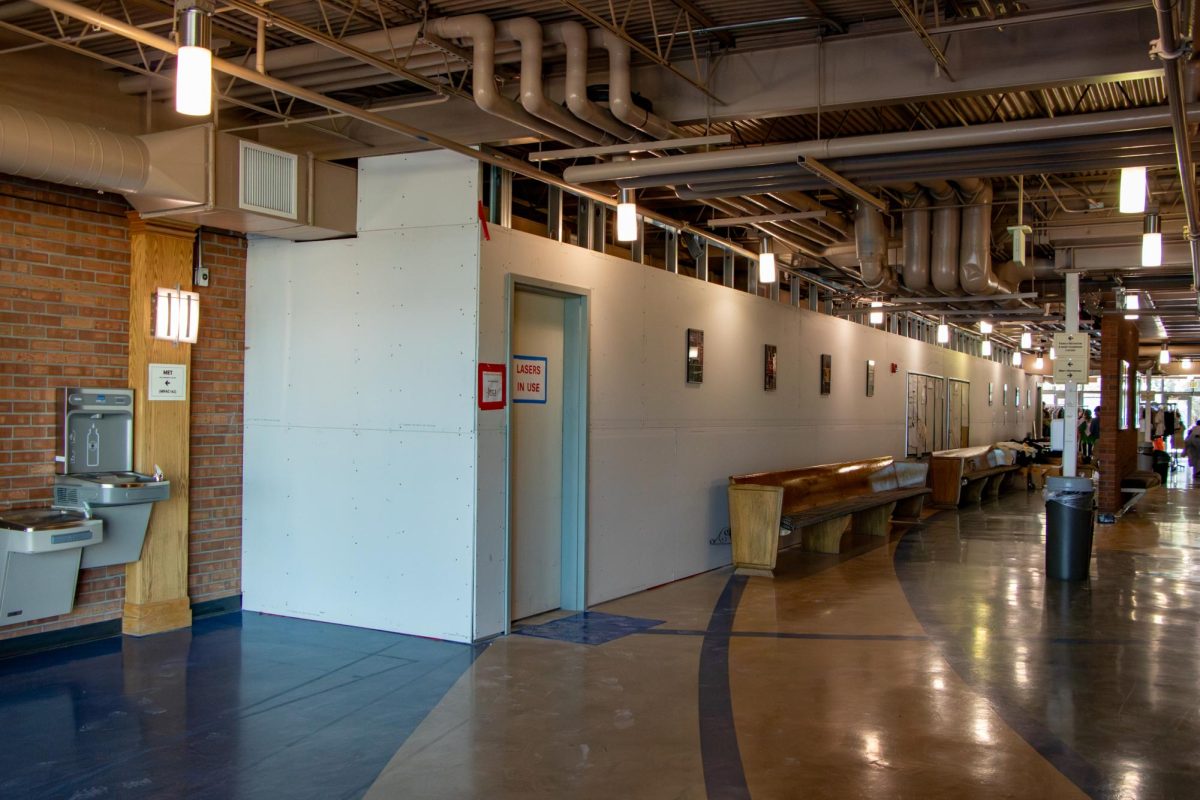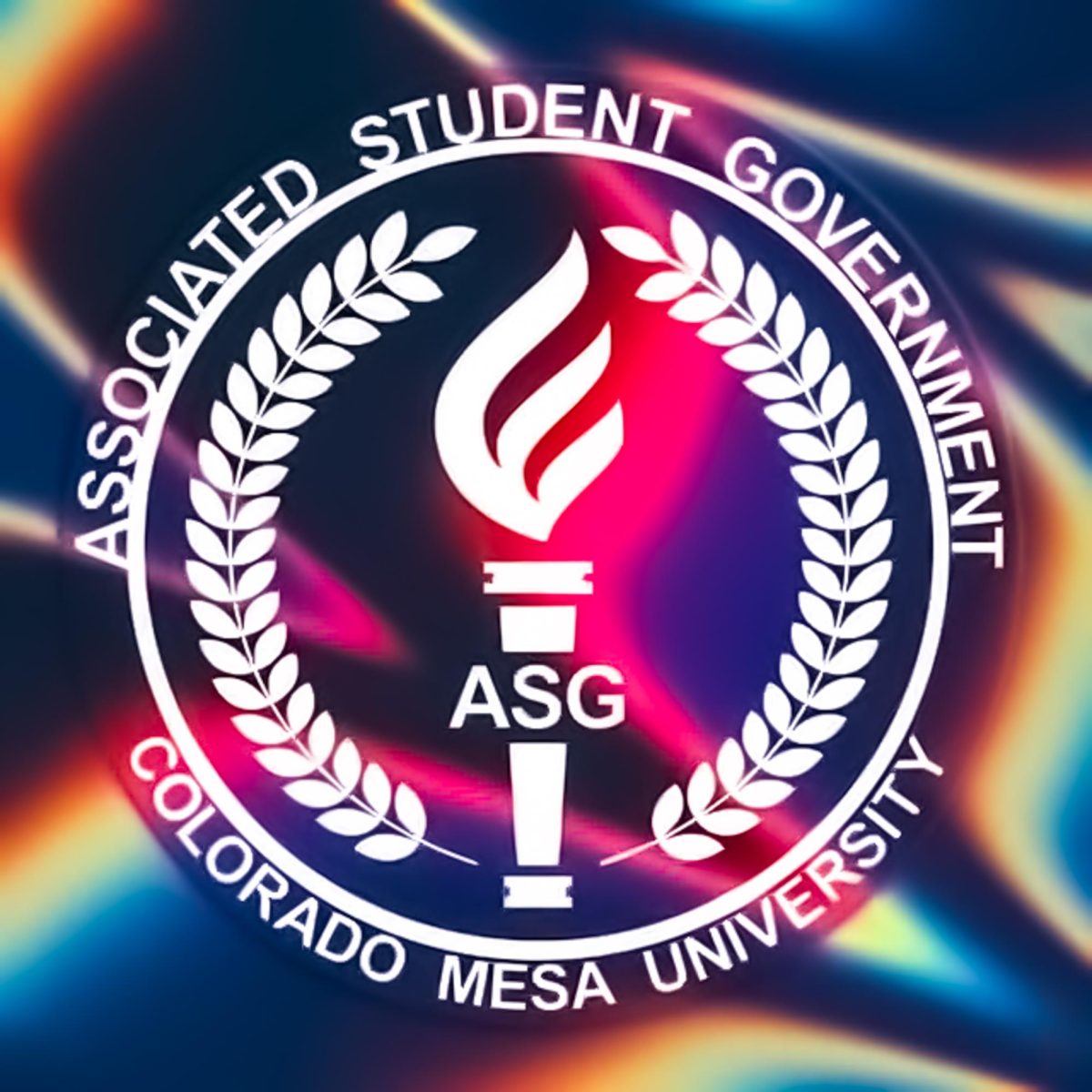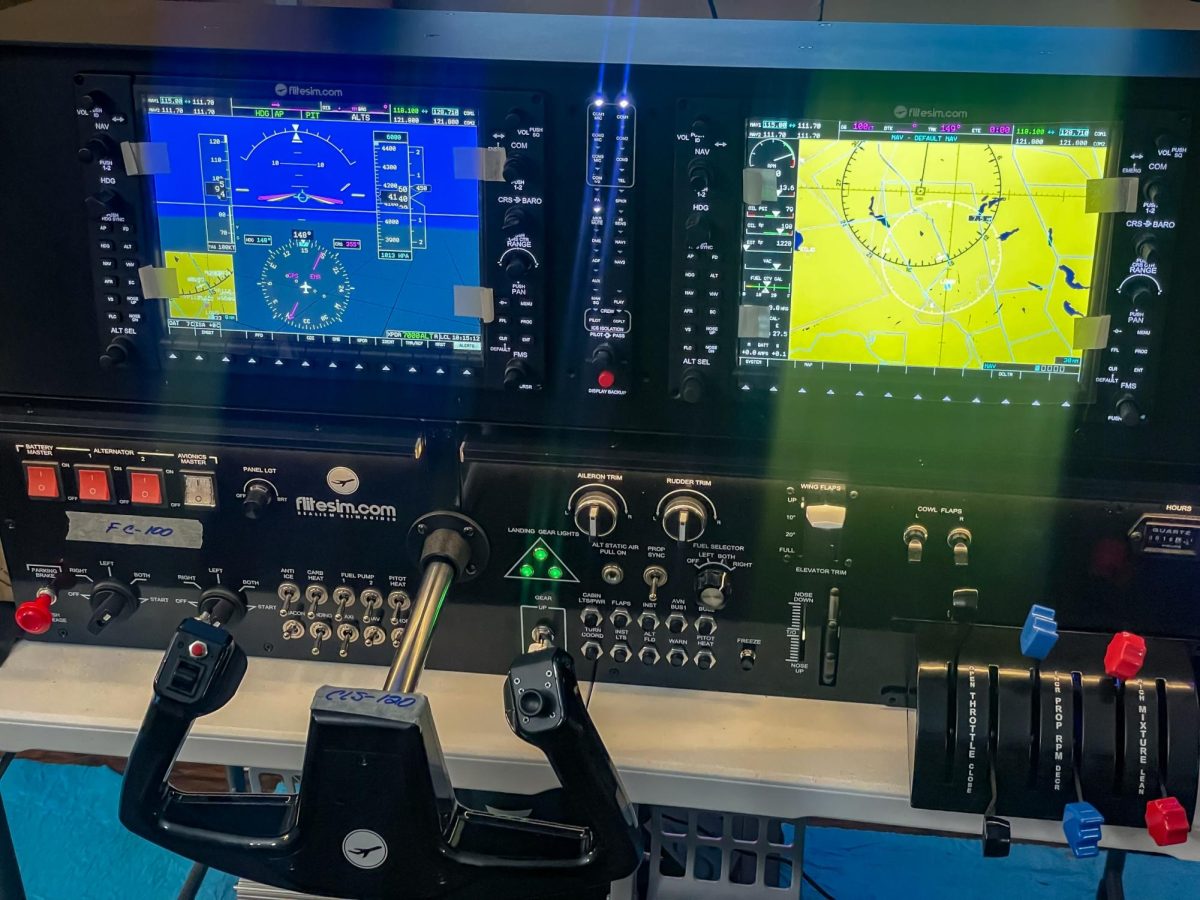Decades of academic growth and excellence attract accolades.
Colorado Mesa University (CMU) has cemented its standing as an institution for academic excellence with its recent reaffirmation of accreditation by the Higher Learning Commission (HLC). The university was originally accredited as Mesa College in 1957 and has maintained accreditation consistently since then.
Accreditation at the baccalaureate level for CMU( then Mesa College) was granted in 1974 and represented a significant milestone in the school’s academic journey. Their accreditation was reaffirmed in 1979, 1989, 1993, 2003, 2013 and most recently in 2024. This continuous success in meeting and exceeding rigorous academic standards set forth by the HLC has kept the university on the map.
The year 2024 marks a unique milestone for CMU, as it is the first time the HLC has not required additional reporting alongside the accreditation. This means that no significant issues were found during the accreditation process and shows that CMU has maintained high-quality academic programs and services.
“In some respects, this is one of the more important reaffirmation of accreditation reports we’ve gotten because it’s the first time where they basically said, ‘you’re good, we don’t see a single thing that we think we would need to come back for.’ All the work that the campus has put in over the last 20 years [has paid off]. It’s a big win,” CMU President John Marshall said.
The only concern raised during the accreditation process was the rapid development of graduate programs at CMU. However, Marshall and his team effectively addressed these concerns by showcasing the substantial growth and benefits that graduate programs have brought to the university.
“I really appreciate it that they had some interesting questions around Graduate Studies and some of the growth. I think they weren’t fully aware of why we had moved so quickly to add so many graduate programs and it turned into a great conversation because we were able to help them track how we view the region,” Marshall said.
One example of a thriving graduate program is Social Work. Marshall pointed out that while it was expensive to implement, the Grand Valley is in dire need of mental health services and this program offers the chance for professionals to be trained and certified right at home.
Marshall also commended Associate Vice President of Academic Affairs for Assessment Accreditation Dr. Morgan Bridge and Social and Behavioral Sciences Department Head Dr. Justin Gollob for their pivotal roles in ensuring the success of CMU’s accreditation efforts. Bridge led the administrative side of the charge while Gollob chaired the Steering Committee.
“The accreditation process was an amazing team project across all of CMU and required all sorts of differing input from faculty, from staff and students from our Board of Trustees, to our community. I had the honor of being able to head up that project, but it involved so many different players to make us successful,” Bridge said.
CMU has outlined its accreditation timeline, with the next reaffirmation scheduled for Fall 2033 and a Mid-Cycle Review set for Fall 2027. This commitment aligns with the HLC’s Five Criteria for Accreditation, ensuring that CMU continues to uphold its mission and values while providing quality education and support to its students. Beyond recognition of academic standards, accreditation also ensures CMU’s eligibility for Title IV funds and compliance with U.S. Department of Education regulations.
“One of the really rewarding pieces was how many faculty, staff and students turned out to meet with our site visitors. They were very appreciative and impressed with the number of students and the students’ willingness to talk about all the cool things that are going on at CMU and some of the challenges and we were very forthright,” Bridge said.
CMU implemented a new strategic plan in 2023, which emphasizes its mission as a “Human Scale University.” This mission focuses on providing affordable and accessible education while fostering meaningful partnerships that contribute to the well-being and strengthvibrancy of the community at large.
The Forming the Future Initiative was designed to be a collaborative effort between students and faculty, and was instrumental in shaping CMU’s strategic direction. Built on pillars including Educational Programs, Collaboration and Innovation, Value of Higher Education, Employee Recruitment and Retention and Student Belonging, this initiative was meant to highlight a commitment to continuous improvement and innovation.
During meetings with students and staff, CMU identified upholding core values such as Love, Dignity, Courage, Humility, Resiliency, Curiosity and Power, which will serve as guiding principles in all aspects of its operations. Marshall said that the value he believes is most essential right now is Courage. He stated that the infighting seen all around shows that we need to stick together as a university and continue to work toward the mission and goals lined out for us.
A large part of that step forward is taking that leap and beginning to implement new programs and continuing to expand. The biggest example of that currently is the new theater.
“Our faculty and our students are immensely talented. You have to recognize that and validate that with a facility befitting that kind of talent. You don’t see a lot of places that are thriving as a community that don’t have a thriving arts culture,” said Marshall.
For more information regarding CMU’s strategic plan and values, interested parties can visit the university’s website and search for “Values, Vision, and Mission.”



